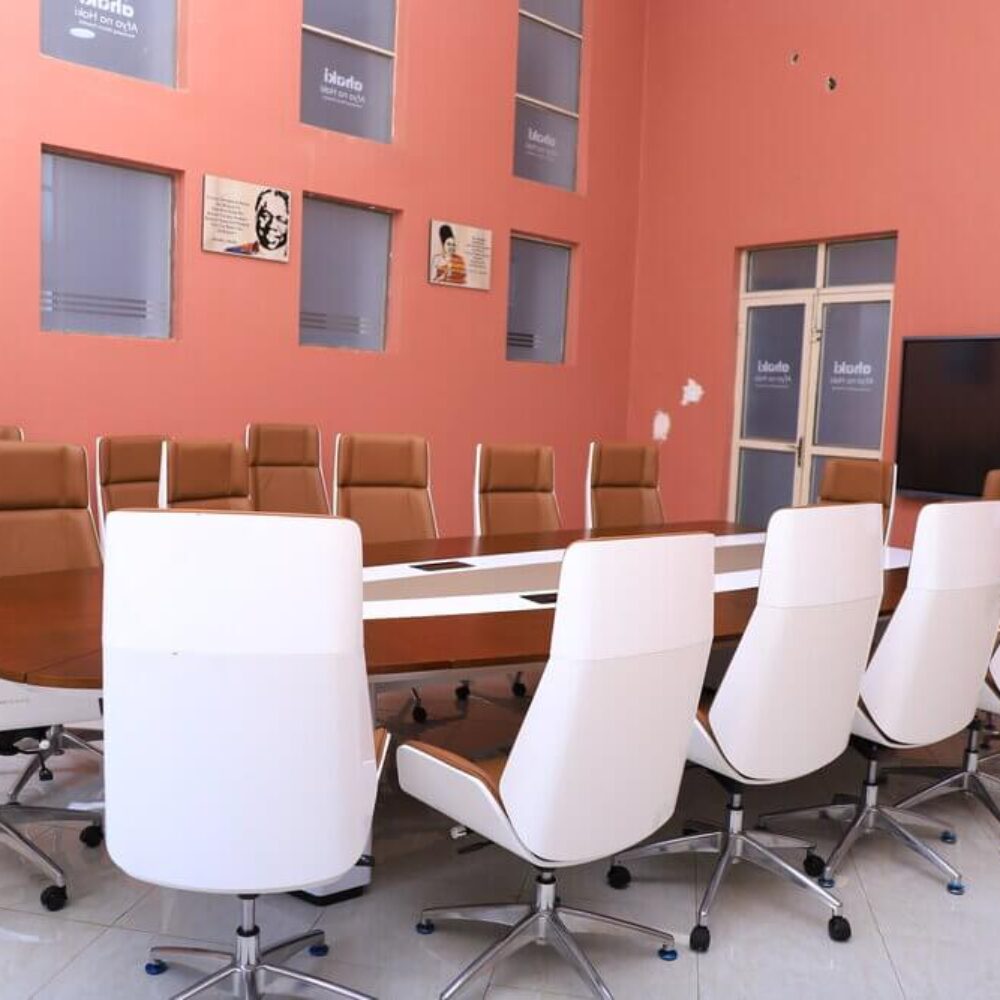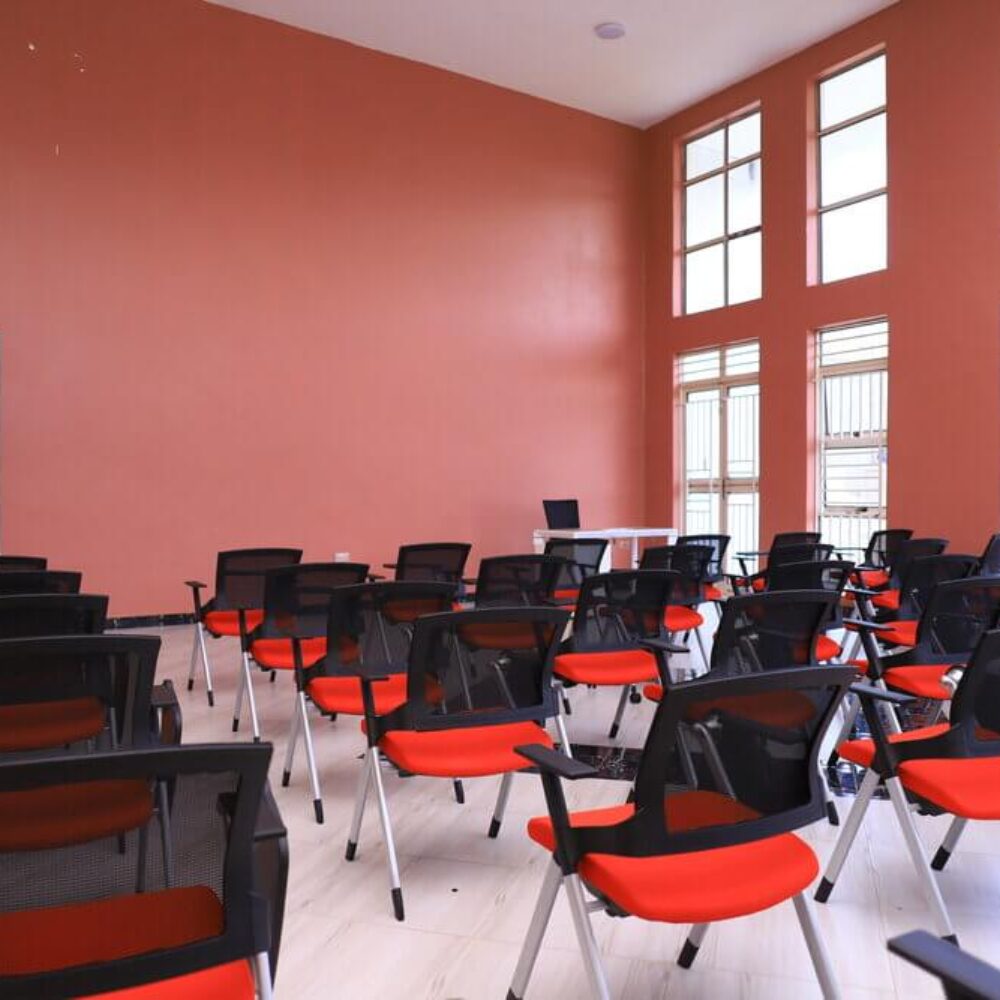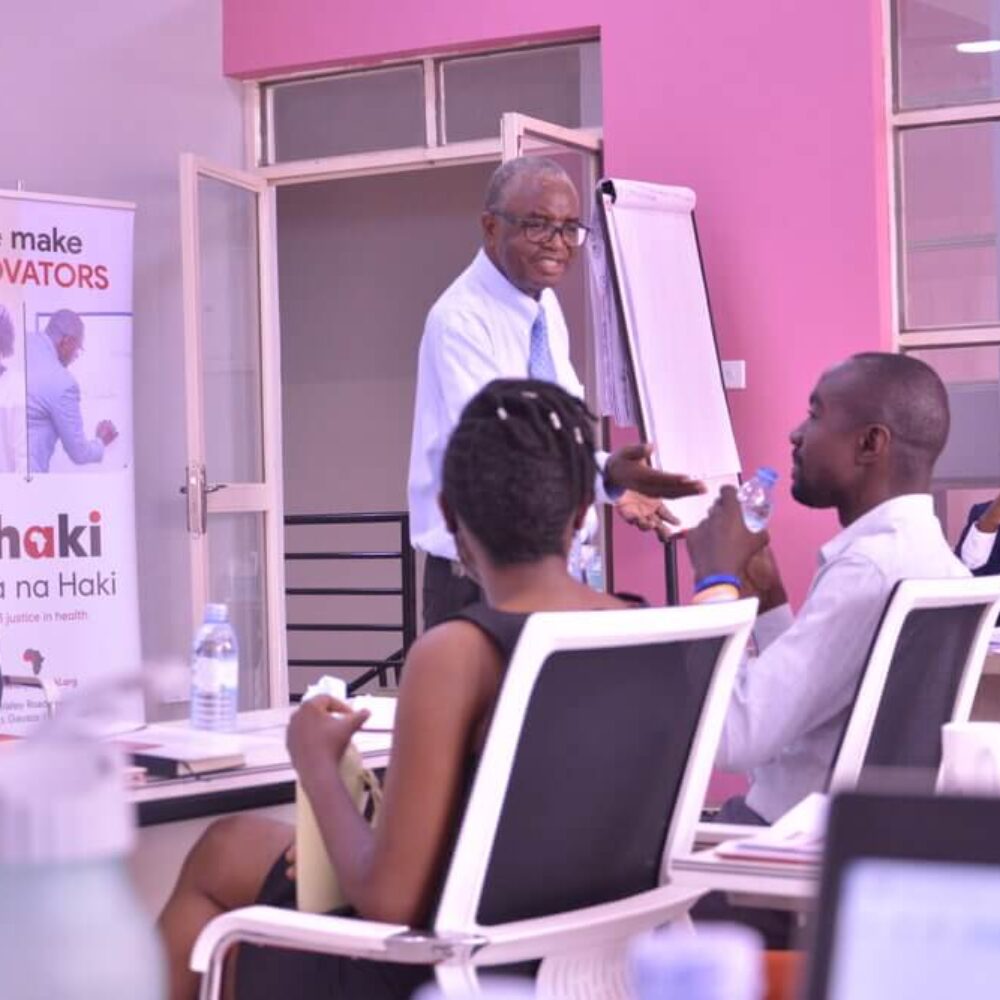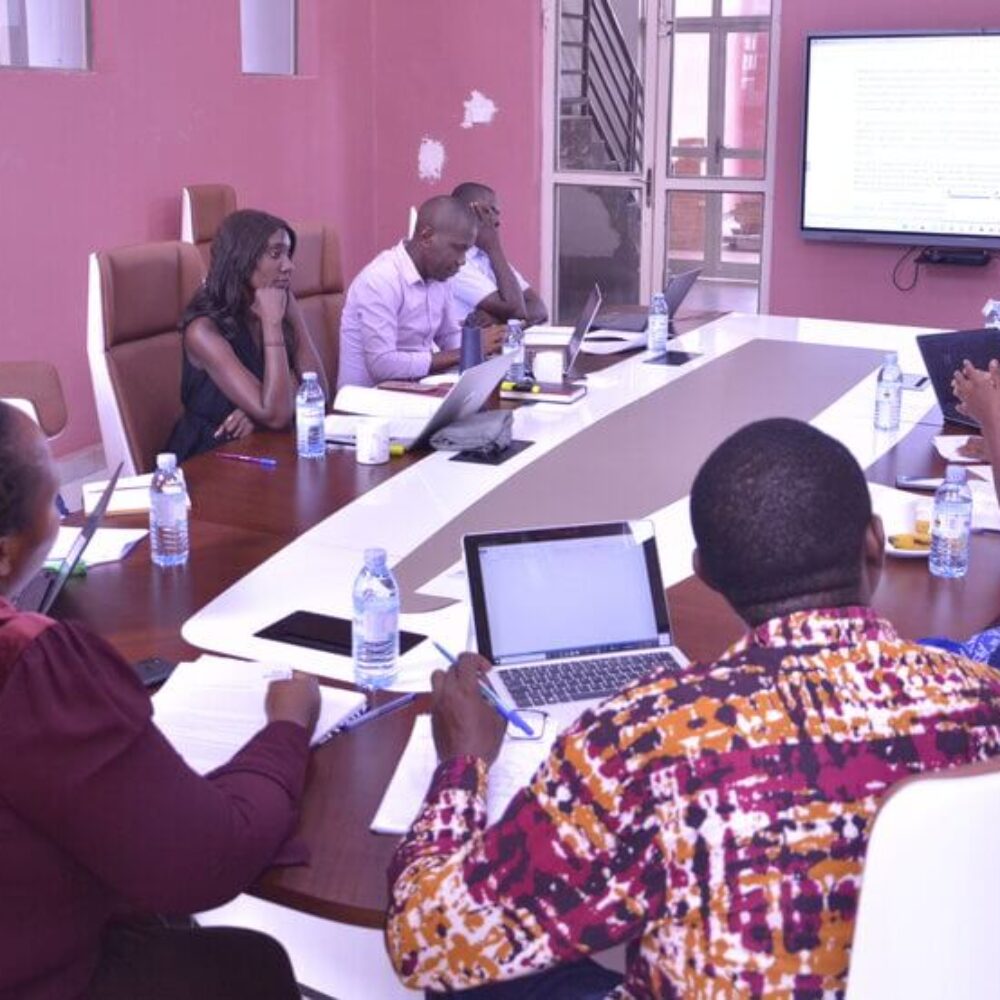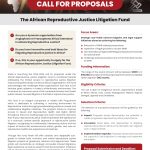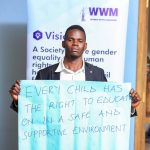ACCESS TO SAFE ABORTION AS A HUMAN RIGHT IN THE AFRICAN REGION: INSIGHTS TO AFRICAN GOVERNMENTS
This year’s commemoration of the Global Day of Action for Access to safe and legal abortion, the African Commission on Human and Peoples’ Rights (ACHPR) and the Solidarity for African Women’s Rights (SOAWR) Coalition issued a joint statement urging all Member States to establish laws and policies and allocate resources that facilitate affordable, accessible, and safe abortion, aligning with Articles 2 and 14 (2) of the Maputo Protocol and lifting any reservations on Article 14 (2).
This year’s African Union statement highlights the persistent challenges women face regarding sexual and reproductive health rights (SRHR) across the continent.
Key Takeaways from the AU Statement:
Implication of Geopolitics: The statement discusses ongoing geopolitical crises, including conflicts in the Middle East and civil unrest in Sudan and the Democratic Republic of Congo. These situations have exacerbated economic difficulties and hindered access to essential SRHR services. Civil society organisations including section 27 have also decried the abortion bans that have been instituted in about half the states in the United States since the overturning of Roe v Wade in 2022. These bans have put millions of peoples’ lives at risk. In the last month alone, two Black women in Georgia—Amber Thurman and Candi Miller—died as a result of the state’s six-week abortion ban and systemic medical neglect.
Rising Anti-Rights Movements: There is a significant uptick in anti-rights movements, resulting in legal restrictions and disinformation regarding reproductive autonomy. These trends threaten decades of progress in gender equality. Abortions are unsafe, as a result of legal, societal and clinical barriers to access to safe abortion services
Call for Action:
In response to these pressing issues, the ACHPR and SOAWR call on African governments to take decisive action. Member States are urged to establish robust legal frameworks that ensure affordable and accessible abortion services, in alignment with the Maputo Protocol. Under Article 14 (2) (c) of the Maputo Protocol, States Parties are called upon to take all appropriate measures to “protect the reproductive rights of women by authorizing medical abortion in cases of sexual assault, rape, incest, and where the continued pregnancy endangers the mental and physical health of the mother or the life of the mother or the foetus”.
Furthermore, it is imperative for governments to allocate adequate resources to support SRHR services for all women, regardless of their socio-economic status. Human rights bodies have noted that where abortion is legal, States must ensure that it is available, accessible (including affordable), acceptable, and of good quality. General Comment 2 recognizes that because of the criminalization of abortion and the resulting stigma, many abortion laws on the continent are not being fully implemented, resulting in denying women their right to abortion and risking their health and lives. Collaboration among key stakeholders—including judiciaries, parliaments, and community leaders—is essential to uphold women’s rights and foster an environment that promotes reproductive health.
The statement also stresses the urgent need for public health facilities to provide safe and legal abortion services, particularly for marginalized groups who are disproportionately affected by unsafe alternatives. The ACHPR reaffirms its commitment to protecting women’s rights and addressing the systemic barriers that prevent access to safe abortion services.
In conclusion, the joint statement serves as a vital reminder of the ongoing struggles women face in accessing safe and legal abortion services in Africa. The calls to action outlined remain essential for advancing gender equality and protecting reproductive health rights across the continent. The commitment of the ACHPR and SOAWR to this cause is unwavering, highlighting the need for immediate and sustained efforts in this area.



